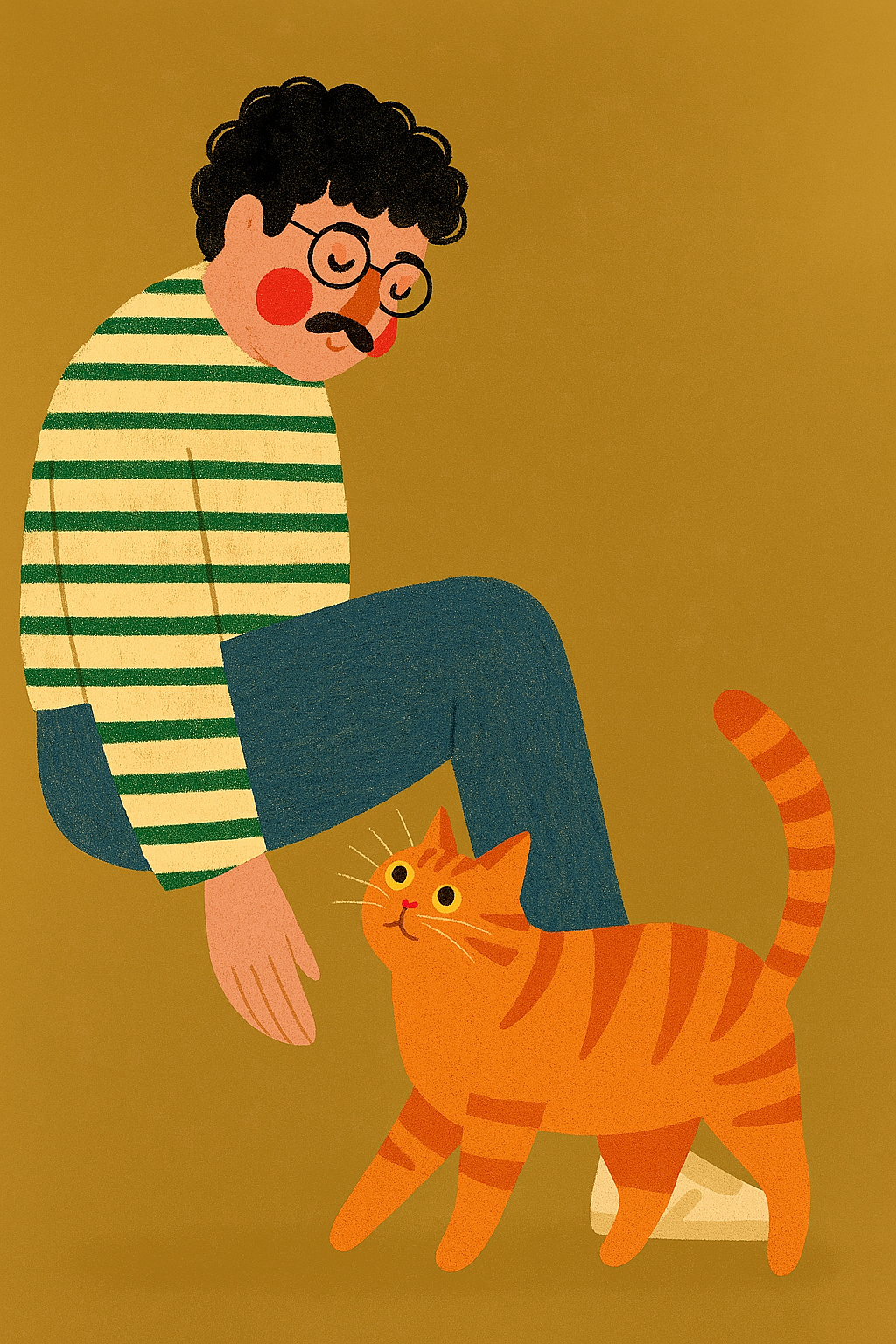There is a very specific kind of TV show that blooms like a wildflower in the middle of a freeway. Gorgeous. Fragile. And doomed.
You know the ones. The slightly surreal, emotionally tender, visually stylised weirdos that aired sometime between 2000 and 2010 and made you feel seen in a way you didn’t yet have the language for. They had pie shops that brought the dead back to life. Reapers in Gap hoodies. Talking animal figurines giving cryptic life advice. And usually, a girl with big eyes who could hear God.
And almost without exception? The networks killed them.
Whimsy is not sustainable (apparently). Let’s talk about Pushing Daisies. Bryan Fuller’s candy-coloured, emotionally devastating tale of a pie-maker who can raise the dead (but can’t touch the love of his life) was nothing short of television magic. It had narration that felt like bedtime stories for sad adults. It had musical numbers. It had Kristen Chenoweth in full sparkle mode. It won Emmys. And then it got cancelled after two seasons.
Because whimsy doesn’t test well with advertisers. Because tone that can’t be neatly summarised in a five-word elevator pitch is scary. Because a show that makes you cry and laugh and stare blankly at the wall afterwards is too much for prime time.
Network executives love a clear formula. Procedurals. Sitcoms. Soapy hourlongs with romantic triangles and sex scenes timed to pop songs. But emotional surrealism? Genre hybrids? Shows that ask you to feel something strange? They’re doomed.
It’s not just Pushing Daisies. Dead Like Me — another Bryan Fuller fever dream (before he left mid-season) — was about a cynical teen girl who dies and becomes a grim reaper. She works in a waffle house. She has to collect the souls of the nearly dead. She is very annoyed about it. It was bleak and brilliant and oddly comforting. And even though it aired on Showtime, it got the same treatment: under-promoted, creatively interfered with, cancelled too soon.
Wonderfalls. The Middleman. Eli Stone. Joan of Arcadia. Terriers. Kings. Better Off Ted. Every single one of them a little too quirky, a little too heartfelt, a little too uncategorisable. And every single one of them axed before they could fully grow.
Here’s the thing: so much of this kind of storytelling feels inherently queer. Not literally (though sometimes, yes, please, obviously), but emotionally. Whimsy is marginal. It's what lives outside the mainstream. It breaks narrative rules. It prioritises feeling over structure. It lives in subtext. It’s weird. And networks? They don’t know how to market weird unless it can wear a Marvel suit.
It’s why these shows often only find their audience after they die. Through Tumblr gifs and bittersweet rewatches. Through emotionally raw essays and out-of-print box sets. They become cult classics because they feel like secrets. Like private emotional languages you thought only you spoke.
When we mourn these shows, we’re not just mourning lost seasons. We’re mourning potential. What could have been. Where they might’ve taken us if they were allowed to wander further into the woods.
Maybe Pushing Daisies would have let Ned and Chuck find a way to touch without losing each other. Maybe Wonderfallswould have let Jaye kiss a girl. Maybe Terriers would have gotten the critical acclaim it deserved in its own time instead of a decade later. But instead, we get abrupt endings and cancelled press tours. We get creators forced to wrap up emotional arcs in 40 minutes or less. We get brilliance, interrupted.
Here’s to the short-lived shows that broke all the rules and got punished for it. The ones that felt like a dream you woke up from too soon. The ones that weren’t afraid to be soft, or strange, or slow.
So, long live the weirdos. They deserved better. And honestly? So did we.
